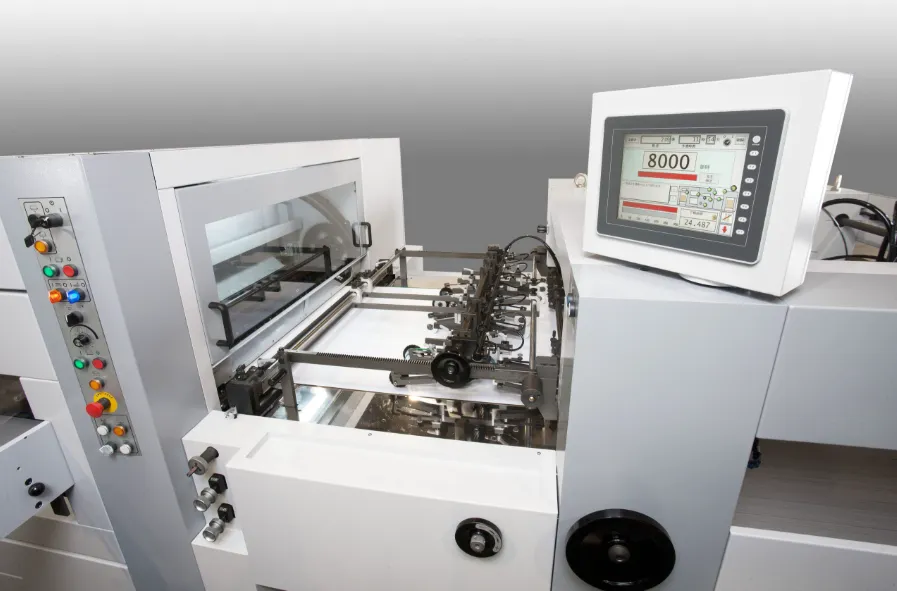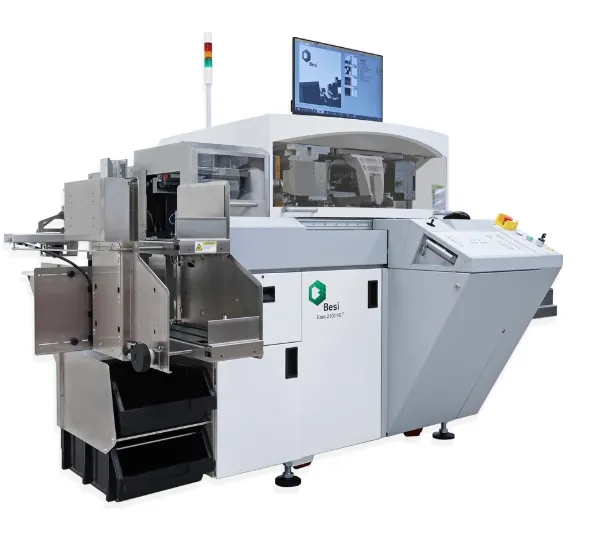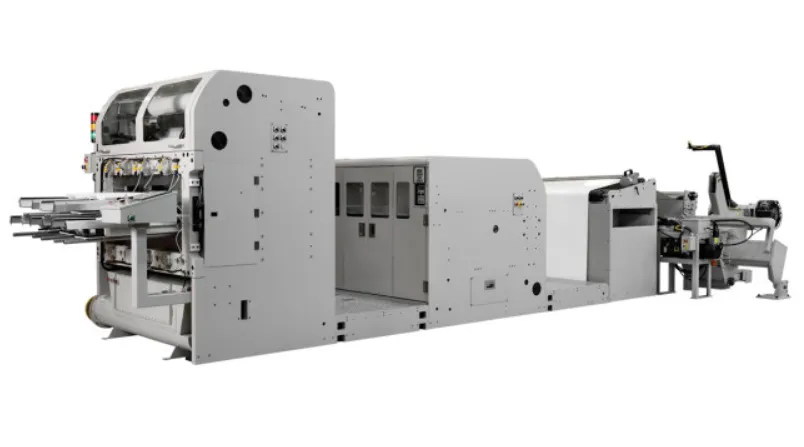In the ever-evolving landscape of manufacturing, die machines play a pivotal role in shaping and cutting materials into precise forms. From automotive parts to intricate electronic components, these machines serve as the backbone of modern production processes. This article delves into the functionality, technological advancements, and significance of die machines in today’s industrial environment.

Understanding Die Machines
Die machines are specialized tools used in manufacturing to cut, mold, or shape materials, primarily metals, plastics, and composites. They operate by applying high pressure to a material, allowing for the creation of complex shapes efficiently and with high accuracy. Common applications include stamping, forging, and casting, each playing an essential role in various industries.
Types of Die Machines
- Stamping Dies: Used in tandem with mechanical or hydraulic presses, these dies punch out shapes from materials such as sheet metal.
- Drawing Dies: Essential for producing long, flat products like wires, these dies draw material through a die to stretch and shape it.
- Casting Dies: Used in molding processes, these dies create shapes by pouring molten material into a cavity.
Technological Advancements
The die machine industry has witnessed considerable advancements over the years. With the advent of computer-aided design (CAD) and computer numerical control (CNC) technologies, the precision and efficiency of die machines have improved immensely. Here are some notable trends:
-
Automation: Modern die machines often incorporate robotic systems to automate loading materials, enhancing efficiency and reducing labor costs.
-
Smart Manufacturing: Integration with Internet of Things (IoT) technology allows for real-time monitoring and maintenance, significantly reducing downtime and improving production schedules.
-
Sustainability: New die designs and material technologies aim to reduce waste through better material utilization, contributing to sustainable manufacturing practices.
The Significance of Die Machines
The impact of die machines extends beyond mere manufacturing efficiency. They play a crucial role in the broader economic landscape, influencing productivity and innovation. Here are a few reasons why die machines are indispensable:
-
Cost-Effectiveness: Automating the cutting and shaping processes with die machines reduces labor costs and material waste, leading to significant savings for manufacturers.
-
Quality and Consistency: Die machines ensure that parts are produced with high precision, leading to consistent quality across production runs, which is vital in industries such as aerospace and automotive.
-
Versatility: Die machines can be utilized for various materials and products, making them adaptable to changing market demands and technological advancements.
Conclusion
As we move deeper into the 21st century, die machines will continue to play a crucial role in shaping the future of manufacturing. Their ability to adapt to new technologies and practices will determine how industries meet the demand for efficiency, sustainability, and innovation. By embracing advancements in die machine technology, manufacturers can ensure competitiveness in a rapidly evolving marketplace, ultimately leading to enhanced productivity and growth within the global economy.







